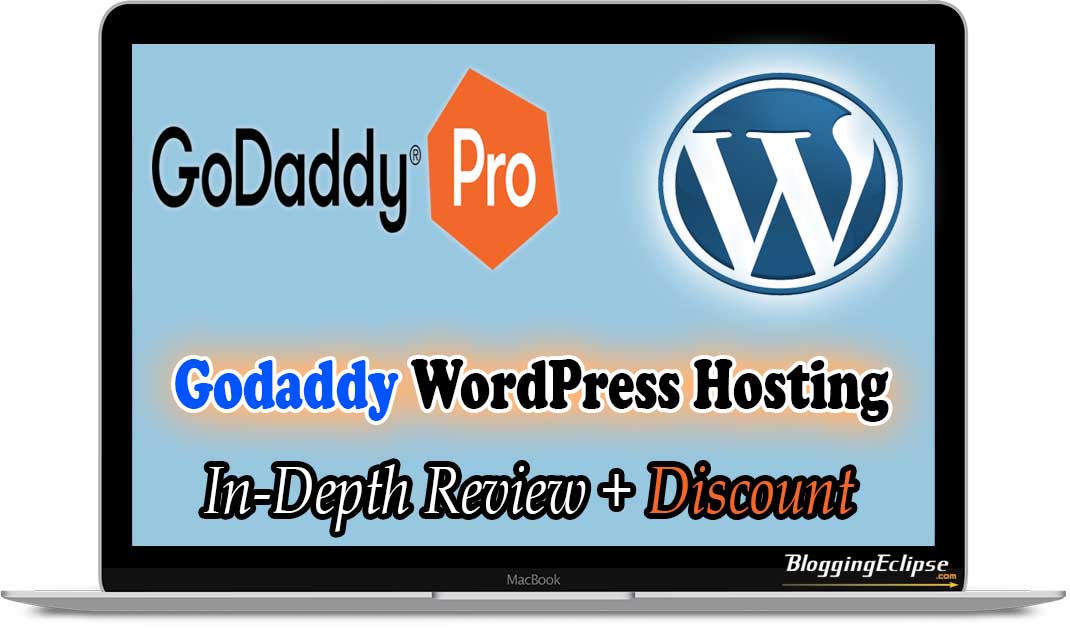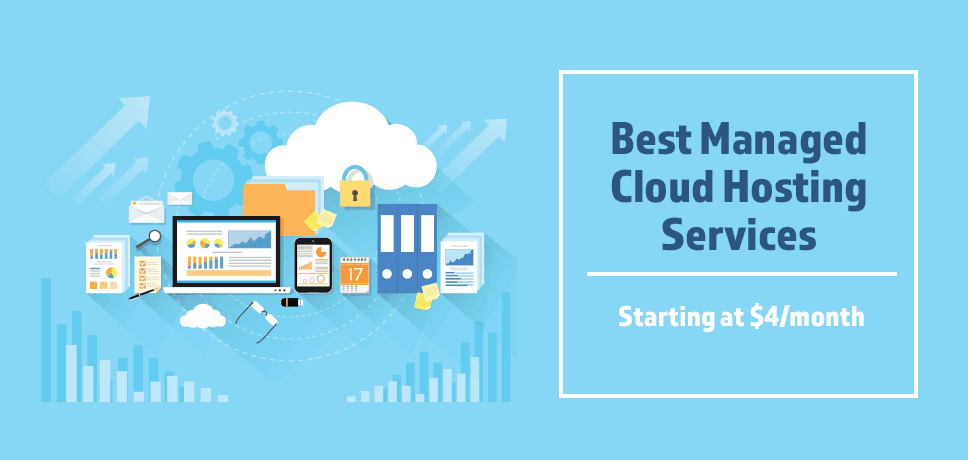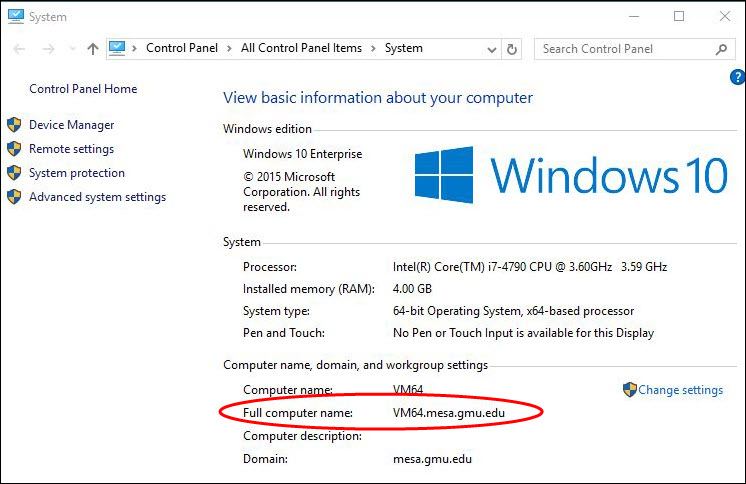Check hosting sets the stage for a comprehensive journey into the world of website hosting, offering readers a deep dive into the crucial elements that shape a successful online presence.
From understanding your website’s specific needs to exploring the diverse array of hosting options available, this guide equips you with the knowledge and tools to make informed decisions about your hosting provider. Whether you’re a seasoned web developer or a novice blogger, navigating the intricacies of hosting can be daunting. This guide aims to simplify the process, empowering you to choose a hosting solution that aligns with your website’s requirements and future aspirations.
Understanding Hosting Needs
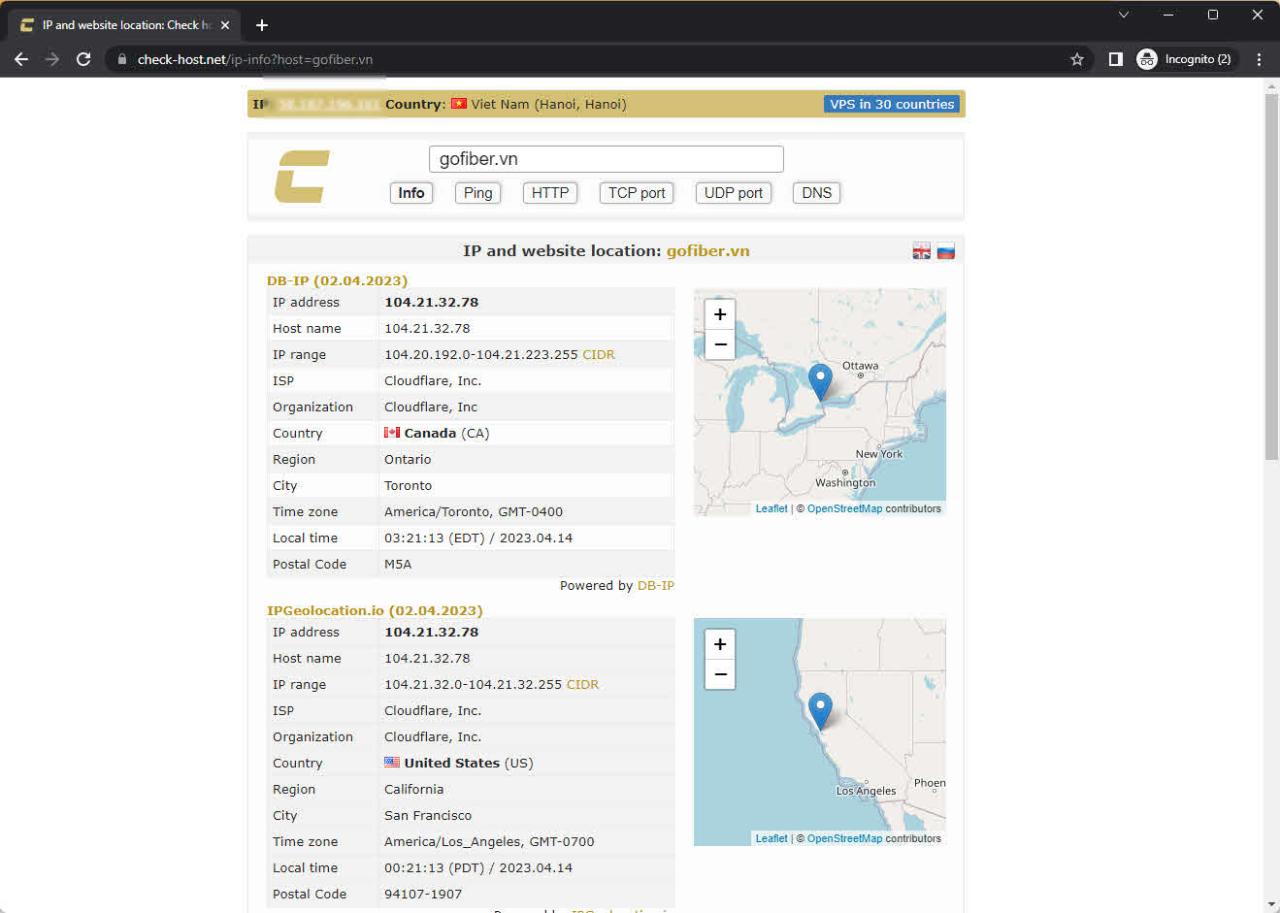
Choosing the right hosting plan is crucial for the success of your website. The type of hosting you select will directly impact your website’s performance, reliability, and overall user experience. This section explores key factors to consider when selecting hosting and how to choose the best fit for your specific website needs.
Website Traffic
Understanding your website’s traffic volume is essential when choosing hosting. Traffic refers to the number of visitors your website receives, and it’s a crucial factor in determining the hosting resources you need.
- Low Traffic: Websites with minimal traffic, such as personal blogs or simple informational sites, can often get by with shared hosting. This type of hosting allows multiple websites to share the same server resources, making it a cost-effective option for low-volume websites.
- Medium Traffic: Websites with moderate traffic, such as small businesses or e-commerce stores with a growing customer base, may require more resources. VPS hosting offers a good balance of performance and affordability. It provides dedicated resources and greater control over the server environment, making it suitable for websites experiencing moderate traffic growth.
- High Traffic: High-traffic websites, such as popular news portals or large online retailers, require significant resources to handle peak traffic loads. Dedicated servers provide the highest level of performance and reliability, offering dedicated resources and complete control over the server environment. Cloud hosting is another option for high-traffic websites, providing scalability and flexibility to adapt to traffic fluctuations.
Storage Requirements
Website storage refers to the amount of disk space your website needs to store its files, including images, videos, and other content. The amount of storage required will depend on the type and volume of content on your website.
- Small Websites: Websites with limited content, such as personal blogs or simple landing pages, typically have low storage requirements. Shared hosting often provides sufficient storage space for these types of websites.
- Media-Heavy Websites: Websites that feature large images, videos, or other multimedia content require more storage space. VPS or dedicated hosting can provide ample storage capacity for websites with high storage demands.
- E-commerce Websites: E-commerce websites, especially those selling products with large images or downloadable files, often have high storage requirements. Dedicated servers or cloud hosting offer scalable storage solutions to accommodate the demands of e-commerce websites.
Security Needs
Website security is crucial to protect your website and your visitors’ data from threats such as malware, hacking, and data breaches. Different hosting plans offer varying levels of security features.
- Basic Security: Shared hosting typically provides basic security features, such as firewalls and malware scanning. However, these features may not be sufficient for websites handling sensitive data or experiencing frequent security threats.
- Enhanced Security: VPS and dedicated hosting offer enhanced security features, including dedicated firewalls, intrusion detection systems, and regular security updates. These features provide a higher level of protection against security threats.
- Specialized Security: For websites handling highly sensitive data or facing significant security risks, specialized hosting solutions, such as cloud hosting with advanced security features, are recommended. These solutions provide robust security measures, including data encryption, multi-factor authentication, and regular security audits.
Hosting Types
Understanding the different types of hosting available is essential to choosing the best option for your website.
- Shared Hosting: This is the most affordable type of hosting, where multiple websites share the same server resources. It’s suitable for low-traffic websites with basic requirements. However, shared hosting can be less reliable and slower than other options due to shared resources.
- VPS Hosting: VPS hosting provides a virtualized server environment, offering dedicated resources and greater control over the server environment. It’s a good option for websites with moderate traffic and resource demands. VPS hosting is more expensive than shared hosting but offers better performance and reliability.
- Dedicated Hosting: This type of hosting provides a dedicated server exclusively for your website. Dedicated hosting offers the highest level of performance, reliability, and security. It’s suitable for high-traffic websites with demanding resource requirements and those requiring complete control over the server environment. Dedicated hosting is the most expensive option.
- Cloud Hosting: Cloud hosting utilizes a network of servers to provide scalable and flexible resources. It’s a good option for websites with fluctuating traffic or those requiring high availability. Cloud hosting offers pay-as-you-go pricing, making it a cost-effective option for websites with unpredictable resource needs.
Choosing the Right Hosting
The best hosting plan for your website depends on your specific needs.
- Personal Blogs: For personal blogs with low traffic and basic requirements, shared hosting is often sufficient. However, if your blog grows in popularity, you may need to upgrade to a VPS or dedicated server to handle increased traffic and resource demands.
- E-commerce Stores: E-commerce stores typically require more resources and security features. VPS or dedicated hosting are good options for e-commerce websites, providing dedicated resources and enhanced security measures. Cloud hosting is also a viable option, offering scalability and flexibility to handle fluctuating traffic and resource needs.
- High-Traffic Websites: Websites with high traffic and demanding resource requirements benefit from dedicated hosting or cloud hosting. These options provide the highest level of performance, reliability, and security, ensuring your website can handle peak traffic loads.
Exploring Hosting Providers
Choosing the right hosting provider is crucial for the success of your website. It determines its performance, reliability, and security. This section explores prominent hosting providers, their strengths and weaknesses, pricing plans, features, and user reviews.
Reputable Hosting Providers
This section provides a list of reputable hosting providers, highlighting their strengths and weaknesses.
- Bluehost: A popular choice for beginners, Bluehost offers affordable plans with shared hosting, WordPress hosting, and VPS hosting options. Its strengths include user-friendly control panels, 24/7 customer support, and free domain registration for the first year. However, its shared hosting plans can be slow, and customer support may not always be responsive.
- HostGator: Known for its reliable performance and extensive features, HostGator provides shared, VPS, dedicated, and cloud hosting options. Its strengths include unlimited disk space and bandwidth, a 45-day money-back guarantee, and a free website builder. However, its pricing plans can be expensive, and customer support can be slow.
- GoDaddy: A widely recognized name in the hosting industry, GoDaddy offers a wide range of hosting solutions, including shared, VPS, dedicated, and cloud hosting. Its strengths include its global network, comprehensive security features, and a user-friendly interface. However, its pricing plans can be expensive, and customer support can be difficult to reach.
- SiteGround: SiteGround is renowned for its high performance and excellent customer support. It offers shared, WordPress, and cloud hosting options. Its strengths include its fast loading speeds, robust security features, and a free CDN. However, its pricing plans can be more expensive than some other providers.
- DreamHost: DreamHost is a popular choice for developers and small businesses, offering shared, VPS, and dedicated hosting options. Its strengths include its unlimited bandwidth and storage, a free domain name, and a 97-day money-back guarantee. However, its customer support can be slow, and its features may not be as extensive as some other providers.
Comparing Pricing Plans and Features
This section compares the pricing plans and features offered by different hosting providers.
- Shared Hosting: Shared hosting is the most affordable option, where multiple websites share the same server resources. Shared hosting plans typically include a limited amount of disk space, bandwidth, and resources.
- VPS Hosting: VPS hosting provides more resources and control than shared hosting. With VPS hosting, websites are hosted on a virtual private server, offering better performance and security.
- Dedicated Hosting: Dedicated hosting offers the highest level of performance and security. With dedicated hosting, a website has its own server, providing complete control and resources.
- Cloud Hosting: Cloud hosting uses a network of servers to host websites, providing scalability, flexibility, and reliability. Cloud hosting plans offer a pay-as-you-go pricing model, allowing users to scale resources based on their needs.
User Reviews and Industry Reputation
This section explores user reviews and industry reputation for various hosting companies.
- Bluehost: Bluehost has mixed reviews, with some users praising its affordability and ease of use, while others criticize its slow performance and limited features.
- HostGator: HostGator receives generally positive reviews, with users commending its reliable performance and extensive features. However, some users complain about its expensive pricing plans and slow customer support.
- GoDaddy: GoDaddy has a mixed reputation, with some users appreciating its global network and comprehensive security features, while others find its pricing plans expensive and customer support difficult to reach.
- SiteGround: SiteGround receives consistently positive reviews, with users praising its fast loading speeds, robust security features, and excellent customer support.
- DreamHost: DreamHost has a good reputation among developers and small businesses, with users appreciating its unlimited bandwidth and storage, free domain name, and 97-day money-back guarantee. However, some users find its customer support slow and its features less extensive than other providers.
Scalability and Growth
Your website’s success often hinges on its ability to handle increasing traffic and demands. This is where scalability comes into play. Scalability refers to a website’s capacity to adapt and grow as its user base expands, ensuring smooth performance even under heavy loads.
Understanding Scalability
Scalability is crucial for websites that experience rapid growth or seasonal spikes in traffic. It ensures that your website remains responsive and accessible to users, even during peak periods. A scalable website can adjust its resources, such as processing power, storage, and bandwidth, to meet the demands of a growing audience.
Hosting Plans and Upgrading
Hosting providers offer various plans designed to accommodate different website needs. As your website grows, you can upgrade your hosting plan to access more resources. This might involve:
* Increased storage space: To accommodate larger files, databases, and website content.
* Enhanced processing power: To handle increased traffic and complex website operations.
* Additional bandwidth: To ensure faster loading speeds for users.
* Dedicated servers: For websites with high traffic and specific resource requirements.
Choosing Scalable Hosting Providers
When selecting a hosting provider, consider their scalability options:
* Flexible plans: Look for providers offering a range of plans with varying levels of resources, allowing you to scale your hosting as needed.
* Easy upgrades: Ensure seamless and quick upgrades to higher-tier plans when your website demands more resources.
* Automatic scaling: Some providers offer automatic scaling features, which adjust resources dynamically based on real-time traffic patterns.
* Transparent pricing: Understand the pricing structure for upgrades and ensure that it aligns with your budget.
Best Practices for Hosting Selection: Check Hosting
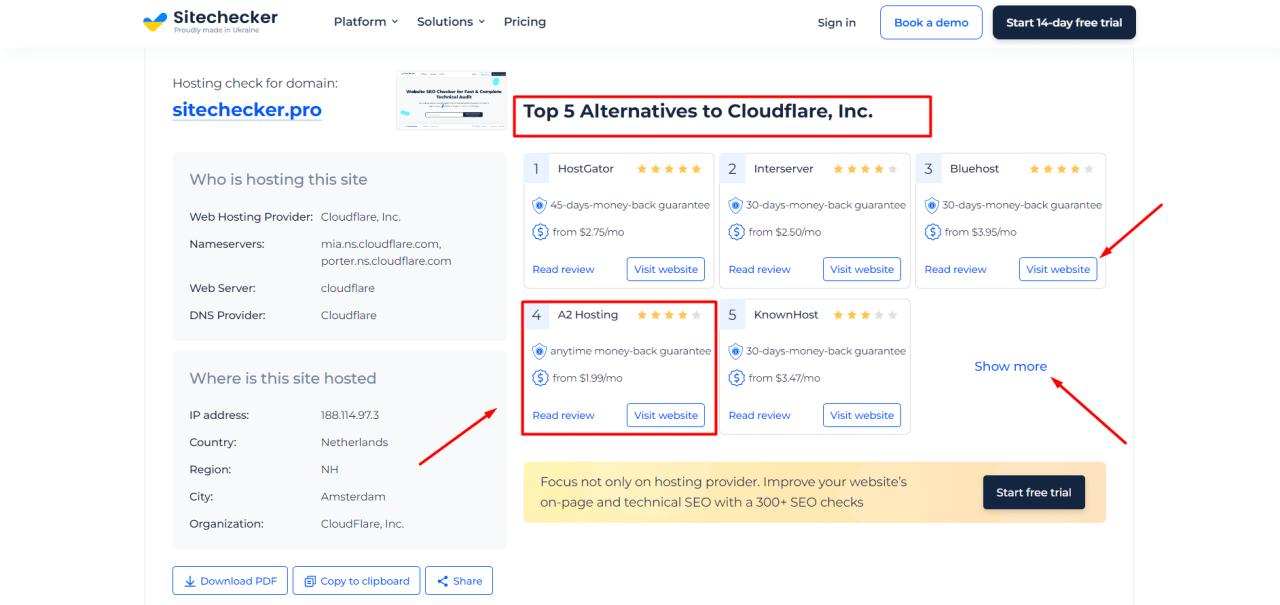
Choosing the right hosting plan is crucial for your website’s performance, security, and overall success. A well-informed decision ensures your website runs smoothly, scales effectively, and meets your specific needs. This section provides a step-by-step guide to navigate the hosting selection process, empowering you to make the best choice for your online presence.
Understanding Your Hosting Needs
Before diving into hosting options, it’s essential to understand your website’s specific requirements. This involves evaluating your website’s current and future needs.
- Traffic volume: Estimate the number of visitors your website is expected to receive. This helps determine the server resources needed, such as storage space, bandwidth, and processing power.
- Content type: Different website types have varying resource demands. For example, a simple blog requires less processing power than an e-commerce website with large product images and videos.
- Security requirements: Depending on the nature of your website and the data you handle, you might need specific security features, such as firewalls, malware protection, and SSL certificates.
- Scalability: Consider your website’s potential growth and ensure your chosen hosting plan can accommodate future expansion. A hosting plan that offers easy scalability is crucial for handling increased traffic and data storage needs.
Exploring Hosting Providers
With a clear understanding of your needs, you can start exploring different hosting providers. Researching and comparing providers is essential to find the best fit for your website.
- Read reviews and testimonials: Explore independent review websites and forums to gather insights into the reliability, performance, and customer support of different hosting providers.
- Compare features and pricing: Analyze the features and pricing plans offered by various providers. Look for plans that align with your specific needs and budget.
- Check uptime and performance: Evaluate the provider’s track record in terms of website uptime and performance. Look for providers with a history of consistent uptime and fast loading speeds.
- Assess customer support: Evaluate the provider’s customer support channels and responsiveness. Look for providers that offer 24/7 support through multiple channels, such as phone, email, and live chat.
Making the Right Decision
After researching and comparing hosting providers, you’re ready to make a decision. This final step involves considering several key factors.
- Budget: Choose a hosting plan that fits your budget and offers the necessary features for your website.
- Ease of use: Select a provider that offers a user-friendly control panel and intuitive tools for managing your website.
- Security: Prioritize security features like firewalls, malware protection, and SSL certificates to safeguard your website and data.
- Scalability: Choose a provider that offers flexible scaling options to accommodate your website’s future growth.
- Customer support: Ensure the provider offers responsive and reliable customer support to assist you with any technical issues.
Negotiating with Hosting Providers
Negotiating with hosting providers can help you secure the best value for your money. Here are some tips for effective negotiation:
- Research competitors: Compare prices and features offered by other hosting providers to leverage their offerings during negotiation.
- Consider long-term contracts: Hosting providers often offer discounts for longer-term contracts. However, carefully evaluate the terms and conditions before committing.
- Negotiate add-ons: If you need additional features, such as domain registration, SSL certificates, or backups, negotiate their inclusion in your plan.
- Be prepared to walk away: If the provider is unwilling to meet your needs or offer a competitive price, be prepared to explore other options.
Choosing the Right Hosting Plan
Once you’ve chosen a provider, select the hosting plan that best meets your website’s needs. Here’s a step-by-step guide:
- Identify your website’s requirements: Determine your website’s traffic volume, content type, security needs, and scalability expectations.
- Compare hosting plans: Analyze the features and pricing of different hosting plans offered by your chosen provider.
- Select a plan that aligns with your needs: Choose a plan that provides the necessary resources, features, and security measures for your website.
- Consider future growth: Ensure the chosen plan offers scalability options to accommodate your website’s potential expansion.
Checklist for Hosting Selection, Check hosting
To ensure a comprehensive decision, use this checklist to evaluate hosting providers and plans:
- Website requirements: Traffic volume, content type, security needs, scalability expectations.
- Hosting provider research: Reviews, testimonials, features, pricing, uptime, performance, customer support.
- Hosting plan comparison: Features, pricing, resources, security, scalability, customer support.
- Negotiation: Research competitors, consider long-term contracts, negotiate add-ons, be prepared to walk away.
- Final decision: Budget, ease of use, security, scalability, customer support.
Last Word
By diligently checking hosting options, meticulously analyzing features, and thoughtfully evaluating providers, you can confidently select a hosting solution that paves the way for a thriving online presence. The journey to finding the perfect hosting provider is an investment in your website’s success, ensuring optimal performance, security, and scalability for years to come.


